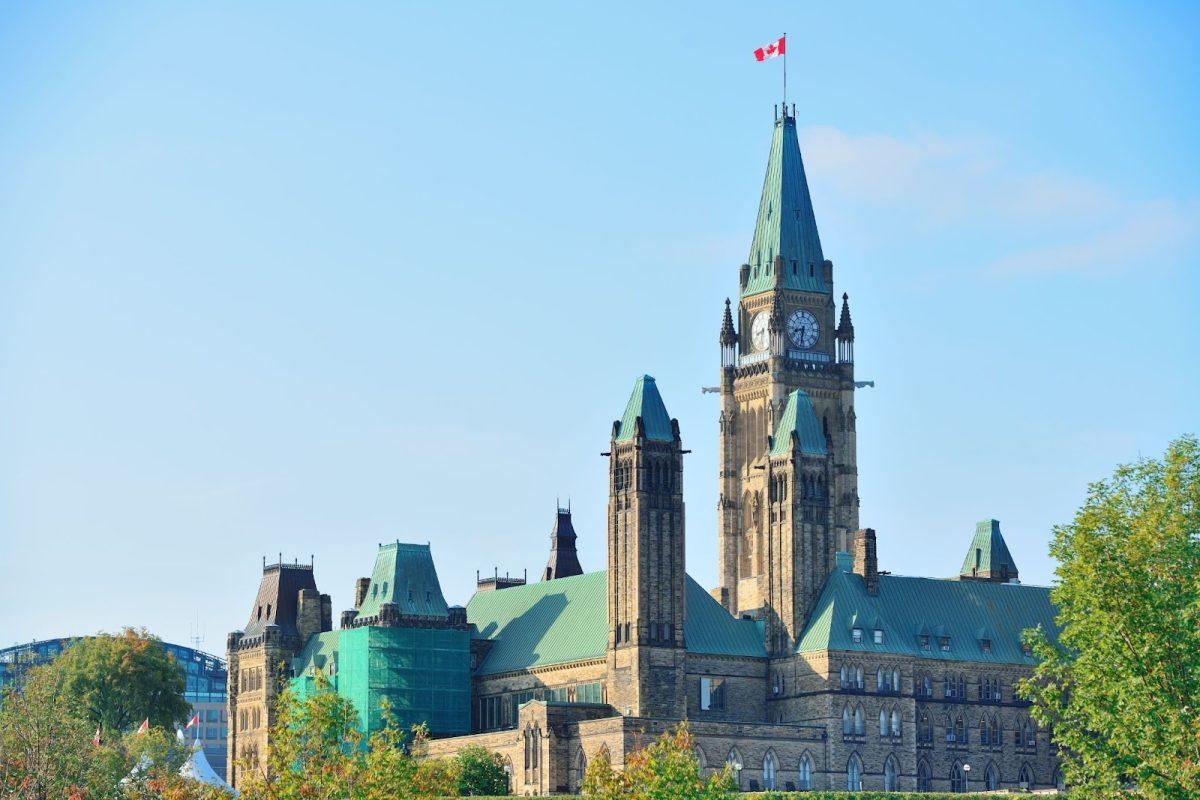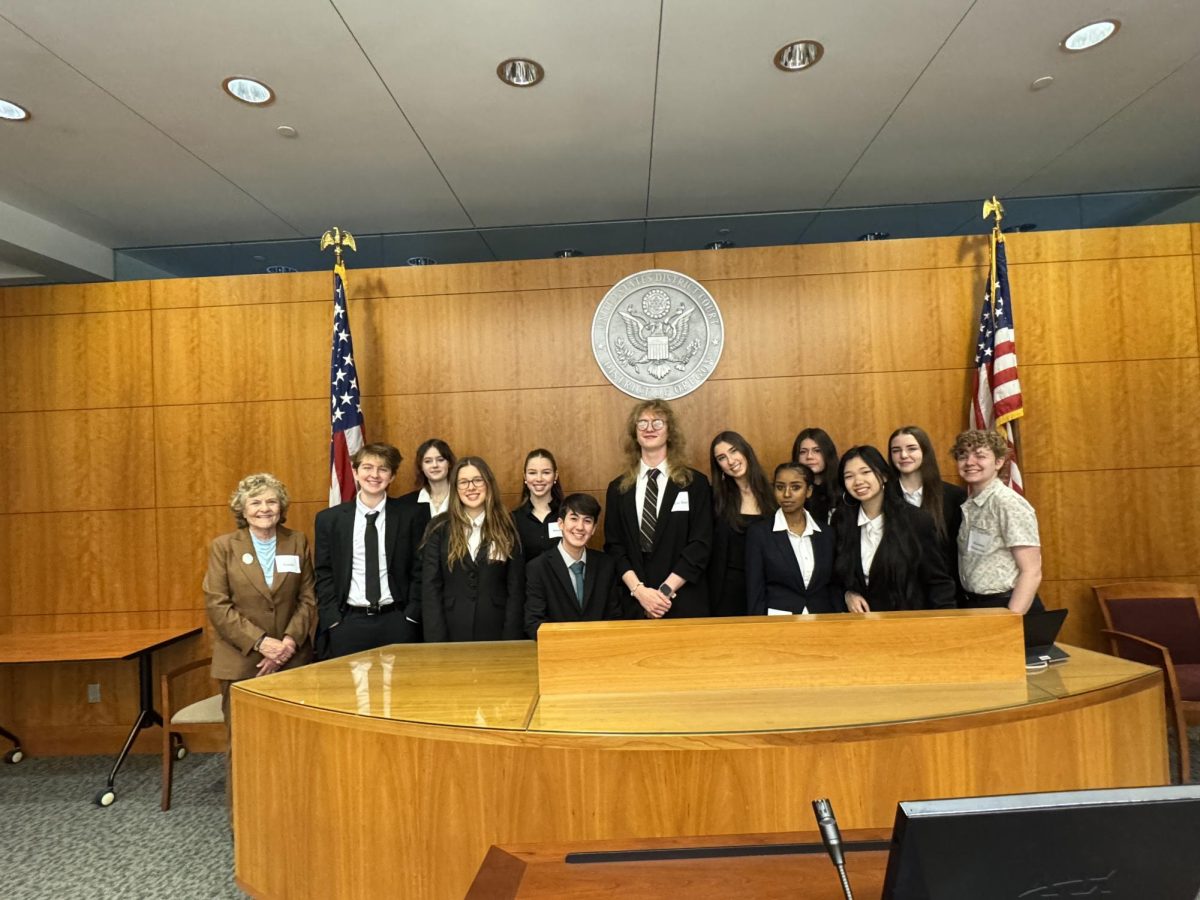On Aug. 29, 2023, Canada updated the travel and tourism page of their global affairs website to add a travel advisory regarding the United States. This advisory states, “Some states have enacted laws and policies that may affect 2SLGBTQI+ persons. Check relevant state and local laws.” This advisory references the over 520 anti-2SLGBTQI+ laws that, according to the Human Rights Campaign (HRC), have been introduced to some state legislatures this year, with more than 220 of those targeting transgender and non-binary identifying individuals. 70 of these bills have been passed, banning gender affirming care, as well as forcing and allowing misgendering of transgender youth. Despite this, the United States is still in the green, meaning travelers should take normal travel precautions, according to the government of Canada’s travel advisory page.
This is a record number of anti-2SLGBTQI+ bills in one year, according to HRC, with more introduced than in the past five years together. One example is Arizona’s Senate Bill 1040, which HRC reports “would ban trans students and school personnel from using school restrooms that match their gender identity and allows people to sue schools if they share a restroom or similar school facility with a trans person.”
Another example is Florida’s House Bill 1521, which “[e]stablishes a procedure for individuals to notify authorized persons for the public sector entities subject to the bill (the covered entities described below), that a person of the opposite sex has entered into a restroom or changing facility designated for exclusive use for females or males,” according to the Florida Senate website.
A Canadian citizen living in southern Ontario states that the travel advisory “feels very important, especially for 2SLGBTQI+ tourists in America.” She adds that she “would most likely avoid certain states where anti-2SLGBTQI+ propaganda is prominent.”
Another anonymous Canadian states, “I’ve been afraid of these ideas spreading to Canada and affecting me and the people around me.” They continue, “It was kind of a matter of time [before it did] but it does solidify that fear.”
Some sources have said that this advisory was virtue signaling, which is when someone in the public eye makes statements of support, not because they actually care, but because they want to appear good in the eyes of others. When asked, both Canadians agree that this is not the case. One of them states, “While I do think virtue signaling can be an issue, especially with [Justin] Trudeau’s administration, I don’t think the advisory counts as such … It feels very important, especially for 2SLGBTQ tourists in America.”
The anonymous Canadian says, “Virtue signaling is the idea of demonstrating who you might agree with, so every influencer virtue signals in some way.” They go on to say, “It’s almost impossible to have a platform and never say anything that might be construed as virtue signaling.” It’s common for those in the public eye to be critiqued more frequently than others. “So just saying ‘that’s virtue signaling’ is saying absolutely nothing, and thinking you just won the nonexistent debate,” they conclude.
However, some disagree. “In no U.S. state, to my knowledge, has any government charged or discriminated against an 2SLGBTQI+ traveler because of their sexual identity or orientation. This all strains the credibility of the department,” says Nelson Wiseman, a professor emeritus of political science at the University of Toronto, quoted in an Associated Press piece posted on NPR.
With more and more anti-2SLGBTQI+ bills popping up around America, places like Canada are taking a stance, showing not all countries share the same beliefs portrayed in the American government. The world is looking at the United States right now for a lot of reasons, and though some places, like Egypt and Morocco, are following in our legislative footsteps, others, like Sweden, are pushing back and making steps to protect their citizens with advisories. With this new advisory Canada is taking their stance; they are pushing back.


































